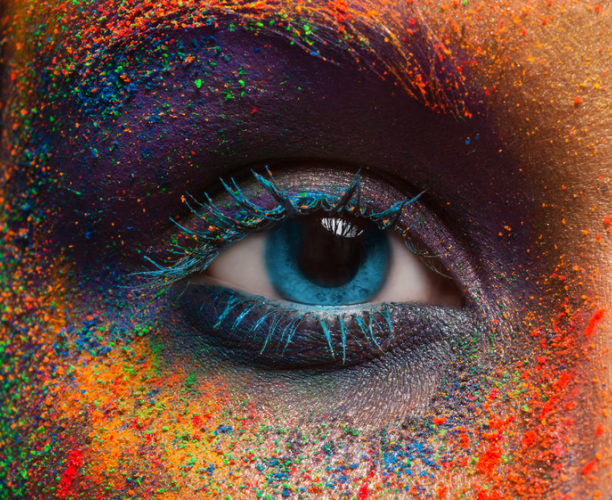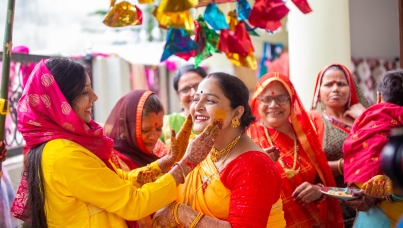

Global citizens take a stronger stand on online abuse vis-à-vis urban Indians: Ipsos International Women’s Day Survey 2022
According to a global survey by Ipsos on International Women’s Day 2022 in 30 markets and among 20,524 netizens, almost 8 in 10 global citizens (78%) polled take a tough stand and believing women should not have to put up with online abuse. Indians are polarized in their views with only 1 in 2 (55%) holding this view. Though more Indian women (58%) supported it as opposed to men (52%).
International Women’s Day 2022 theme this year is to #BreakTheBias by creating a gender equal world, A world that is diverse, equitable and inclusive. A world free of bias, stereotype and discrimination.
Attitudes around online abuse
1 in 3 global citizens (35%) believe, the best way women can deal with online abuse is to turn a blind eye and ignore it. Though urban Indians are polarized in their views with only 1 in 2 (47%) believing that women should simply ignore online abuse. More Indian men hold this view (50%) versus women (43%). Markets agreeing most too showed polarized views – Peru (54%) and Saudi Arabia (52%).
1 in 3 global citizens (35%) blame men for online abuse becoming a problem area. Urban indians are polarized (47% agree) in their views. Though Japan (18%) and China (22%) have least endorsing this view.
1 in 2 Urban Indians (48%) believe women tend to fly off the handle (overreact) to what is said to them online. Only 1 in 3 global citizens (33%) hold this view.
"Online abuse is a glaring problem and the best way to tackle it, is to acknowledge it and stand up to the offender. But it does leave scars in the mind and it is good to see some social media platforms taking stringent action against handles that break the prescribed norms. It still needs better monitoring and control," says Amit Adarkar, CEO, Ipsos India.
Online experiences in 30 markets
16% say they have viewed comments or images online suggesting superiority of men over women; 16% have seen comments or images blaming women for men’s woes; 14% have come across unsolicited comments or compliments on their physical appearance; 13% have experienced abusive language online ; 12% have been sent unrequested sexual explicit image, among others like racist comments and threat to physical safety etc.



